Drink, drink less, drink nothing? New research into our already complicated relationship with alcohol.
 The past few years have really illuminated our nation’s relationship with alcohol in a way that we had not seen before the pandemic. In years gone by having a drink or two after work was the norm, or if you believe the plot of Mad Men then drinking at the office was ok too. In fact, if you did not drink it was far more likely that you would be asked “why?” unlike today when you might hear “good for you instead. We have come quite a way down the road of understanding when it comes to our society’s relationship with drinking, but there is still quite a lot of conflicting information and advice out there. A few drinks a week is good for you, or, all drinking is bad for you, or drink red wine to lower bad cholesterol, or having a single drink may help to reduce stress and allow you to relax. And this fall Health Canada may release new guidelines and complicate matters even more!
The past few years have really illuminated our nation’s relationship with alcohol in a way that we had not seen before the pandemic. In years gone by having a drink or two after work was the norm, or if you believe the plot of Mad Men then drinking at the office was ok too. In fact, if you did not drink it was far more likely that you would be asked “why?” unlike today when you might hear “good for you instead. We have come quite a way down the road of understanding when it comes to our society’s relationship with drinking, but there is still quite a lot of conflicting information and advice out there. A few drinks a week is good for you, or, all drinking is bad for you, or drink red wine to lower bad cholesterol, or having a single drink may help to reduce stress and allow you to relax. And this fall Health Canada may release new guidelines and complicate matters even more!
We have become more aware of the dangers of drinking too much, and most countries have safe drinking guidelines in place to help increase awareness of the physical health issues associated with alcohol. But this past year, or since the pandemic struck and we saw a noticeable increase in purchases made at liquor stores across the country, researchers at the Canadian Centre on Substance Use and Addiction (CCSA), a national advisory organization, have complied a new report which advises that any level of alcohol consumption may have a net negative impact on health, including heart disease, several types of cancer and liver cirrhosis. These results when compared to the last publicized guidelines in 2011 stated that 10 drinks a week for women and 15 for men were acceptable.
The CCSA research found that health risks were “negligible or low with two or fewer glasses of wine per week, and that when the number of drinks went up to somewhere between three and six standard drinks a week, the risk of health issues is moderate. But having more than six glasses of wine or ciders per week makes the risk of health issues “increasingly high.” But perhaps the most important takeaway from the proposed changes is the advice that alcohol bottles contain cancer warnings.
It has been known for decades that Alcohol is a Group 1 carcinogen (carcinogenic to humans) as supported by research from the International Agency for Research on Cancer. And much like other carcinogens, Health Canada would like Canadians to also know this, so we can make our own informed decisions. And perhaps some Canadians will heed this important advice and reduce their intake. However, it is important to remember that not everyone will be able to shift their patterns of use.
Sadly, some people are mentally or physically addicted to alcohol and will require some guidance, support, and in extreme cases withdrawal management. At Searidge Alcohol Rehab, our focus is on helping people with healing and recovering from their addictions, usually, addiction does not happen in a vacuum and so our priority is taking a psychological approach to treatment, followed by physical, medical, and traditional holistic healing.
It is good to know that for those who need it the help is there, and who knows those labels may wake some up to their own consumption habits, and it might just be enough of a push to help them make some lifestyle changes on their own.
There is increasingly good news for the sober or sober curious, there are new sober-focused social groups to join for support, more mocktails and non-alcoholic beverages are being crafted, and restaurants, cafes, and even bars today have more non-alcoholic options available.
The times “they are a changing”, who knows, it might become the norm to approach social events, and entertainment sober.
Whatever happens, these new guidelines will help to ensure that all Canadians are given the right information, so they can make informed choices.
Want to have your say? Visit their website, read the report, and/or take the survey that is open to all Canadians.
And if you or someone you care about is suffering from addiction, give us a call at 1-888-777-9972

